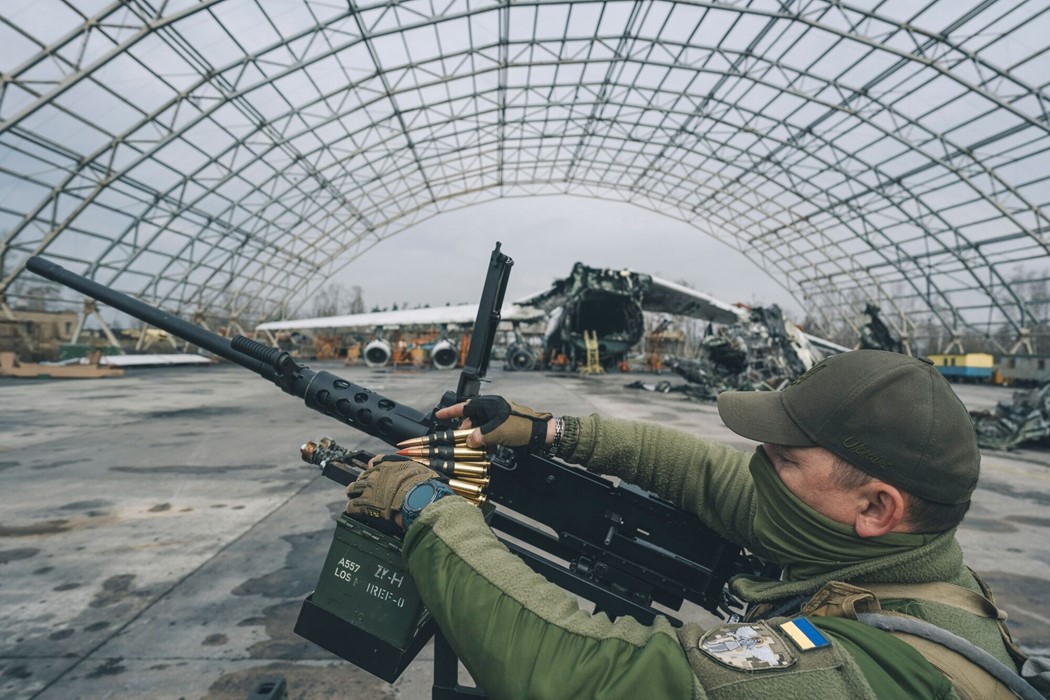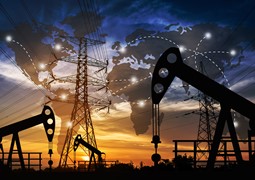Russia Accuses Serbia of Backstabbing by Helping Arm Ukraine
May 29, 2025 by Bloomberg(Bloomberg) -- Russia’s spy agency accused Serbia of selling weapons to Ukraine through third countries, potentially straining a relationship with a traditional ally that relies on Moscow for energy supplies.
Serbia has furnished Ukraine with hundreds of thousands of shells for rocket launchers, howitzers and 1 million rounds of small-arms ammunition, according to the Russian Foreign Intelligence Service. The sales allegedly went through Czech Republic, Poland, Bulgaria and more recently through African countries.
“Serbia’s military industry is trying to shoot Russia in the back,” the Moscow-based spy agency said in a statement, listing several, mostly state-owned defense factories. “The cover for anti-Russian actions is a simple scheme using fake end-user certificates and intermediary countries.”
President Aleksandar Vucic responded to the unusually harsh criticism from Russia later Thursday by saying Serbia had taken steps to prevent misuse of arms export certificates and that he discussed the matter with President Vladimir Putin in Moscow this month.
Serbian “factories need to live and work” and “I don’t serve any interests other than Serbia’s,” Vucic told RTS. He pledged to uphold his policy of “having good relations with everybody,” saying he also spoke with Ukrainian President Volodymyr Zelenskiy.
The strongly worded comments may signal a shift in ties between the Slavic and Orthodox Christian nations.
The spy agency underscored Moscow’s historic support for Serbs, including its refusal to recognize Kosovo’s independence.
Serbian enterprises are seeking to “profit from the blood of fraternal Slavic peoples” and forgetting “who their true friends are and who their enemies are,” the agency said.
The Financial Times reported last year that after Russia’s full-scale invasion of Ukraine in 2022, Serbia exported ammunition to the tune of €800 million ($909 million) to Kyiv via third parties.
While Serbia has condemned the Kremlin’s invasion of Ukraine, it hasn’t joined Western sanctions against Russia. Vucic was one of of the few European leaders to attend a Moscow parade this month as he pursues Serbia’s traditional balancing act between world powers.
Vucic is seeking to renew a natural gas import deal as Serbia remains dependent on deliveries by Gazprom PJSC.
At the same time, Serbia has sought to join the European Union, but the bid has stalled over unresolved ties with Kosovo, which seceded in 2008 with Western support, and Belgrade’s refusal to join sanctions against the Kremlin.
While Serbian officials have said they can’t control where products of its defense industry end up, Ivan Kostic, leader of the right-wing Dveri party, accused Vucic of working “to ruin friendly relations” with Russia.
(Updates with comment from Serbia’s president in fourth paragraph.)
©2025 Bloomberg L.P.
By


















